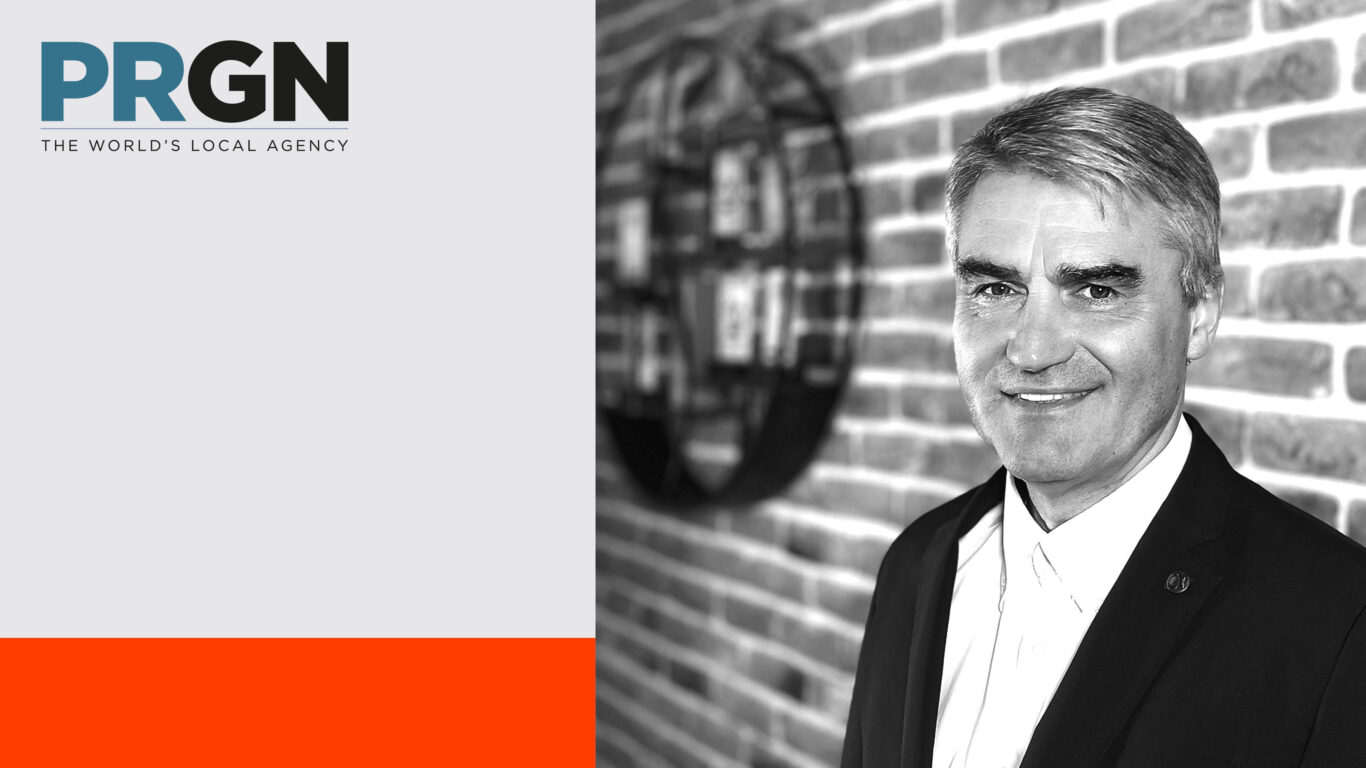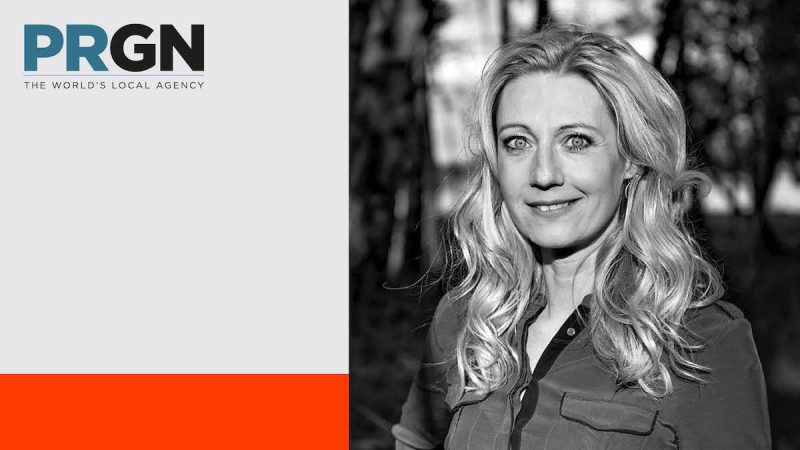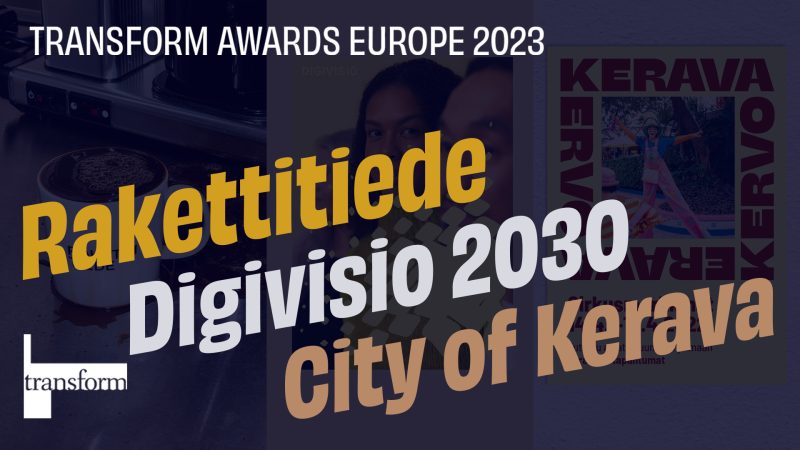Insights from PRGN: Navigating the Energy Transition with Uwe Schmidt

We recently announced our partnership within the PRGN network. The new partnership means we can now tap into the latest trends and news directly from experienced PR experts around the world. As the year draws to a close, it’s time to make predictions for the upcoming year.
We asked a fellow member of the PRGN network, Uwe Schmidt, the co-owner and CEO of the Germany-based communications agency Industrie-Contact, to tell us about the future of the green energy transition.
As a member of the Public Relations Global Network (PRGN) since 2002, Industrie Contact has played a key role in building the European segment of this US-originated network. It is an established agency in Hamburg with over 40 years of experience, specializing in Public Relations, Content Marketing, and Social Media Marketing for a diverse international clientele. Notably, the agency has focused on catering to the unique needs of Chinese customers.
As we near the year’s end, what is your perspective on the current status of ESG in the German market? Have you observed any shifts that have influenced your business or that of your clients?
ESG holds significant importance in the German market. The focus on this issue is not only driven by climate change and the German government’s target of having 80% of electricity generated from renewable sources by 2030, but also by the impact of the Russian attack on Ukraine, which has led to notable developments in energy prices. Consequently, there has been a considerable surge of interest and activity in the field of ESG.
Due to climate goals, the push for 80% renewable electricity by 2030, and the impact of the Russian attack on Ukraine, ESG’s importance in the German market has surged.
Companies and homeowners are increasingly looking for ways to conserve energy or generate, store, and utilize energy for their own needs. Particularly in the photovoltaic sector, Germany has surpassed this year’s target with an impressive 2.5 gigawatts increase, representing a 28% growth in total output.
Which clean technology trends do you anticipate making a significant impact in 2024?
Photovoltaics will continue to play a crucial role in the coming year. Unlike wind turbines, which face resistance in residential areas, PV systems are favored for their quicker and more cost-effective installation.
As a result, substantial investments in storage technologies are anticipated to ensure a consistent energy supply. Heat pumps, especially in the private sector, will see increased importance, supported by significant subsidies from the German government’s recently enacted Building Energy Act. Additionally, building insulation is expected to become more prominent, addressing the efficiency needs of heat pumps in many older buildings that are not adequately insulated.
How has Germany’s battery industry evolved given its historical reputation for pioneering industrial shifts, especially in comparison to the recent surge of battery and clean tech investments in Finland?
The battery industry is growing rapidly in Germany. Despite earlier concerns about Asia’s technological edge and cost advantages, there’s a notable shift with more battery factories being built locally. The German automotive industry is key to this change, aiming to reduce reliance on Asian imports. By the end of 2022, Germany had 12 battery plants, making up almost a quarter of all European sites. More plants, including the first European cathode production facility, have started operations this year or are set to begin in the coming months and years.
Photovoltaic systems will continue to play a crucial role in the coming year, favored for their quicker and more cost-effective installation.
Where do you anticipate public discussions on energy transition heading next year?
Despite calls for a return to nuclear energy, the high costs make it unlikely in Germany’s renewable-focused future. Specific annual targets for wind power and photovoltaics expansion aim for 80% renewable electricity by 2030. Wind energy faces negative perceptions due to visible turbines, creating a political challenge.
Solar energy, on the other hand, has a much more positive image, as almost everyone, even tenants of flats with balconies, can benefit from it. As in recent months, we can expect the debate to continue as to whether the remaining German solar industry should receive state support in order to keep up with Chinese manufacturers and make Germany less dependent on China for this technology.
What is the one thing that every communications professional should understand about clean energy transition?
For many Germans, the energy technology transition is causing great anxiety, fuelled above all by representatives of the fossil and nuclear energy industry and by populists who want to use it to raise their profile against the current German government. On the one hand, there is the fear of losing one’s own job either directly in the energy industry or in an energy-intensive industrial company; on the other hand, there is the fear of bottlenecks in the energy supply and a general decline of industry in Germany. Communication professionals, especially in politics, must take these fears very seriously and, where possible, allay them by providing comprehensive information and positive examples.
At the same time, the potential offered by the expansion of renewable energy in Germany should also be communicated. Among other things, Germany will become less dependent on autocratic nations such as Russia and China and can take on a leading role in this field in Europe and worldwide. In the long term, this will not only preserve jobs, but also create many new ones.
And lastly, could you share with our audience a book or podcast that has recently inspired you and that you believe everyone should explore during the Christmas season?
A podcast about The Peace of Westphalia, the collective name for two peace treaties signed in October 1648. They ended the Thirty Years’ War (1618–1648) and brought peace to the Holy Roman Empire, closing a calamitous period of European history that killed approximately eight million people. Several scholars have identified the Peace of Westphalia as the origin of principles crucial to solve modern international conflicts. Perhaps we can learn from this to resolve very complex conflicts step by step.



